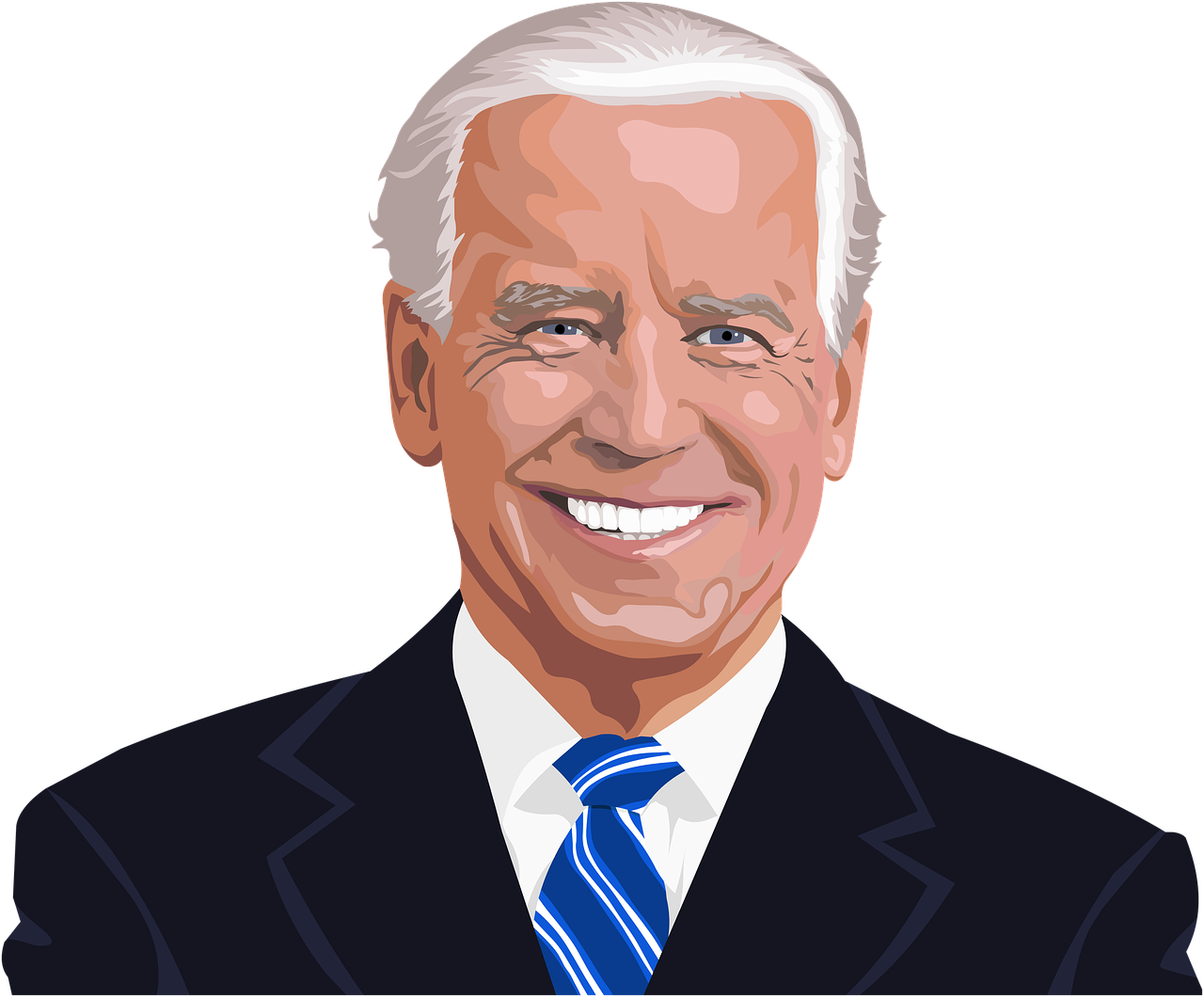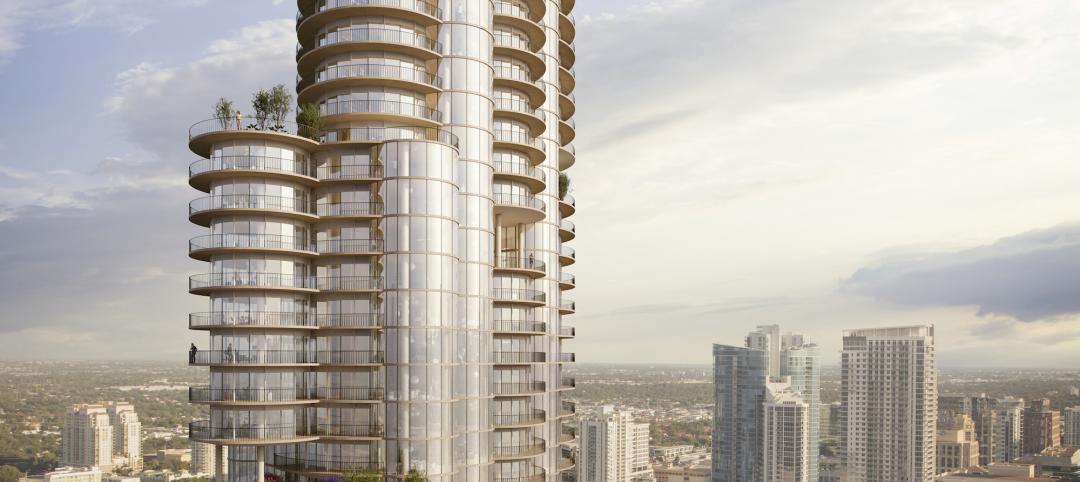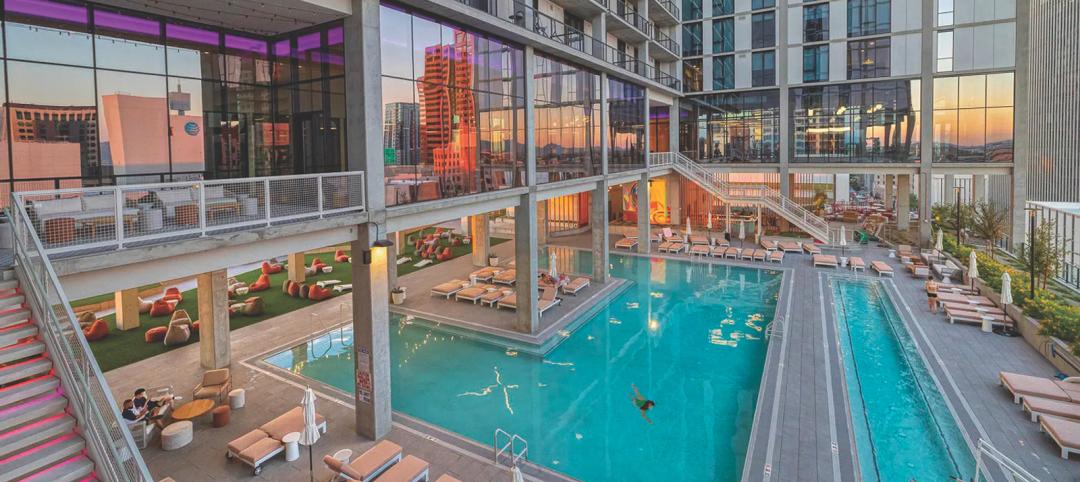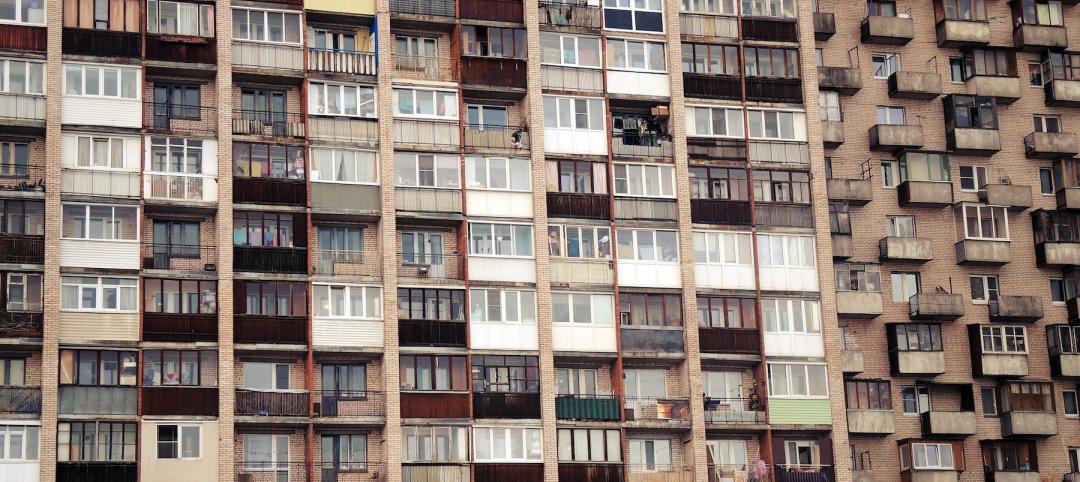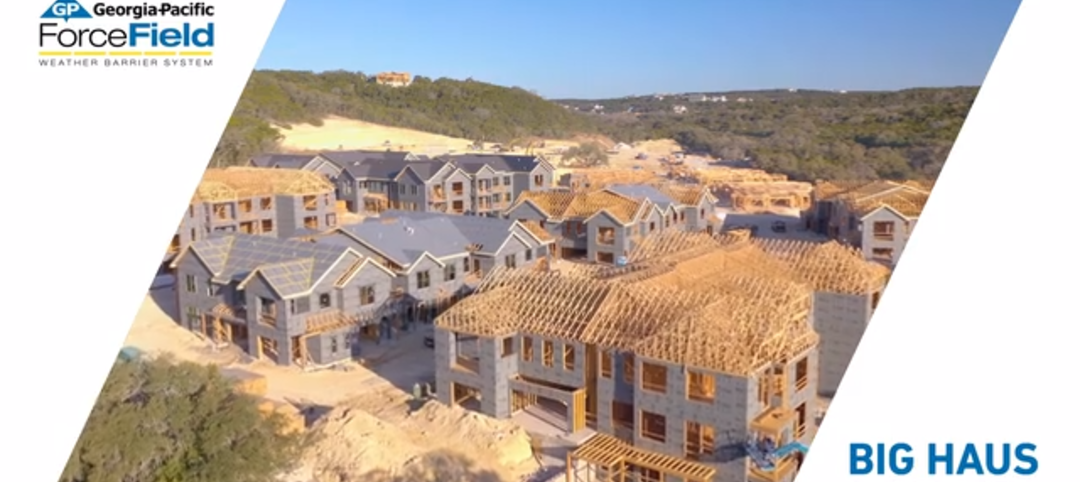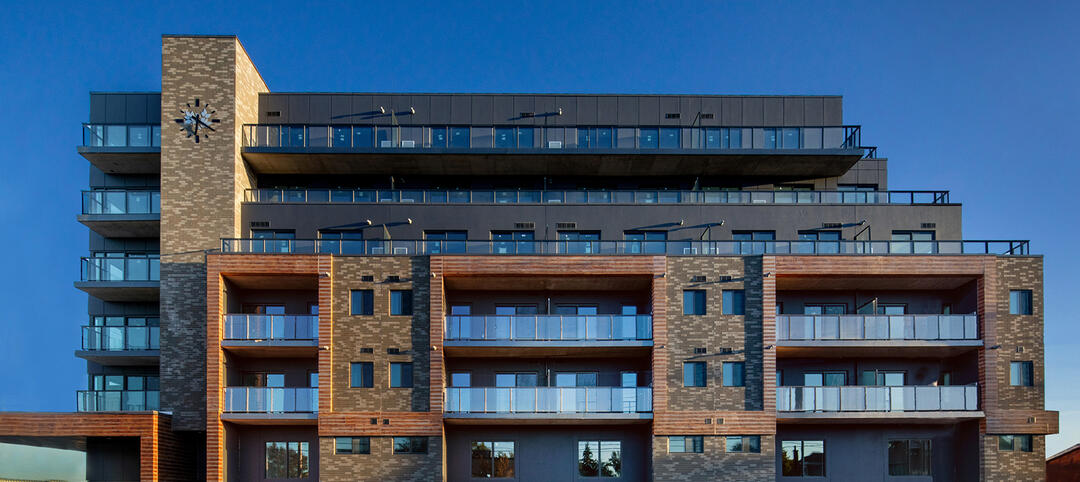First, Biden has to get the pandemic under control. Duh. Unless the new Administration does so in good order, all bets are off. Once a proven vaccine becomes available, there’s the question of whether enough people will take it to create herd immunity. Masks and hand washing alone will not stop this virus, so another dose of stimulus money is going to be needed to feed the families of the Covid-unemployed and help them pay their rent.
But let’s hope for the best. Let’s say that, at some point in late 2021 or early 2022 the pandemic is largely behind us, and the economy is back up and running. What then?
One possibility might be an infrastructure package. Remember, back in 2017, when those on both sides of the political aisle were talking about how crucial it was to restore the nation’s unsafe roads, bridges, rail lines, and seaports to proper working condition? Never happened, of course. Even if both Senate runoff races in Georgia go blue, giving Biden control of both Houses of Congress, it will be difficult to get any sizable infrastructure deal. So those potholes in the roadways leading to your buildings aren’t going to vanish overnight.
Then there’s the Green New Deal. In the primary debates Biden treated the Green New Deal like the plague—as if we needed another one . But he has signed on to bits and pieces of it. He has pledged to sign the Paris Agreement on climate change “on day one” and says he wants to ban oil and gas leases on federal lands, but would only phase out fracking over an undefined period of time in places where it is currently being practiced.
Biden is pushing a $1.7 trillion clean energy plan that he says will produce millions of new jobs, particularly in solar energy, wind, and geothermal. We should be encouraging greater use of renewables in our commercial and residential buildings, which account for 40% of energy use—and resulting carbon emissions. Before we start throwing PVs on every roof in America, though, we need a program to cut the energy consumption in buildings by 60-70%. How do you do that most effectively? Through the use of proven, commonly available, low-tech solutions: more and better insulation, LED lighting, high-efficiency heating-cooling systems, and highly energy-efficient water heating systems.
Biden says he has a plan to retrofit four million buildings, weatherize two million homes, and build 1½ million sustainably designed homes and rental apartments in four years. He may have to arm wrestle a few Republican Senators to get even a piece of that plan through Congress. But if he does, it could be a boon for the multifamily real estate sector.
Related Stories
BAS and Security | Oct 19, 2022
The biggest cybersecurity threats in commercial real estate, and how to mitigate them
Coleman Wolf, Senior Security Systems Consultant with global engineering firm ESD, outlines the top-three cybersecurity threats to commercial and institutional building owners and property managers, and offers advice on how to deter and defend against hackers.
Codes and Standards | Oct 17, 2022
Ambitious state EV adoption goals put pressure on multifamily owners to provide chargers
California’s recently announced ban on the sale of new gas-powered vehicles starting in 2035—and New York’s recent decision to follow suit—are putting pressure on multifamily property owners to install charging stations for tenants.
Multifamily Housing | Oct 7, 2022
Design for new Ft. Lauderdale mixed-use tower features sequence of stepped rounded volumes
The newly revealed design for 633 SE 3rd Ave., a 47-story, mixed-use tower in Ft. Lauderdale, features a sequence of stepped rounded volumes that ease the massing of the tower as it rises.
Multifamily Housing | Oct 5, 2022
Co-living spaces, wellness-minded designs among innovations in multifamily housing
The booming multifamily sector shows no signs of a significant slowdown heading into 2023. Here is a round up of Giants 400 firms that are driving innovation in this sector.
Fire and Life Safety | Oct 4, 2022
Fire safety considerations for cantilevered buildings
Bold cantilevered designs are prevalent today, as developers and architects strive to maximize space, views, and natural light in buildings. Cantilevered structures, however, present a host of challenges for building teams, according to José R. Rivera, PE, Associate Principal and Director of Plumbing and Fire Protection with Lilker.
| Oct 4, 2022
Rental property owners want access to utility usage data for whole properties
As pressure from investors for ESG reporting mounts, owners of multifamily properties increasingly look to collect whole-building utility usage data.
Resiliency | Sep 30, 2022
Designing buildings for wildfire defensibility
Wold Architects and Engineers' Senior Planner Ryan Downs, AIA, talks about how to make structures and communities more fire-resistant.
Sponsored | Multifamily Housing | Sep 16, 2022
In-Stock Sheathing System Saves Multifamily Project Timeline
Multifamily Housing | Sep 15, 2022
Toronto’s B-Line Condominiums completed using prefabricated panels
B-Line Condos, Toronto, completed using Sto Panel Technology.


